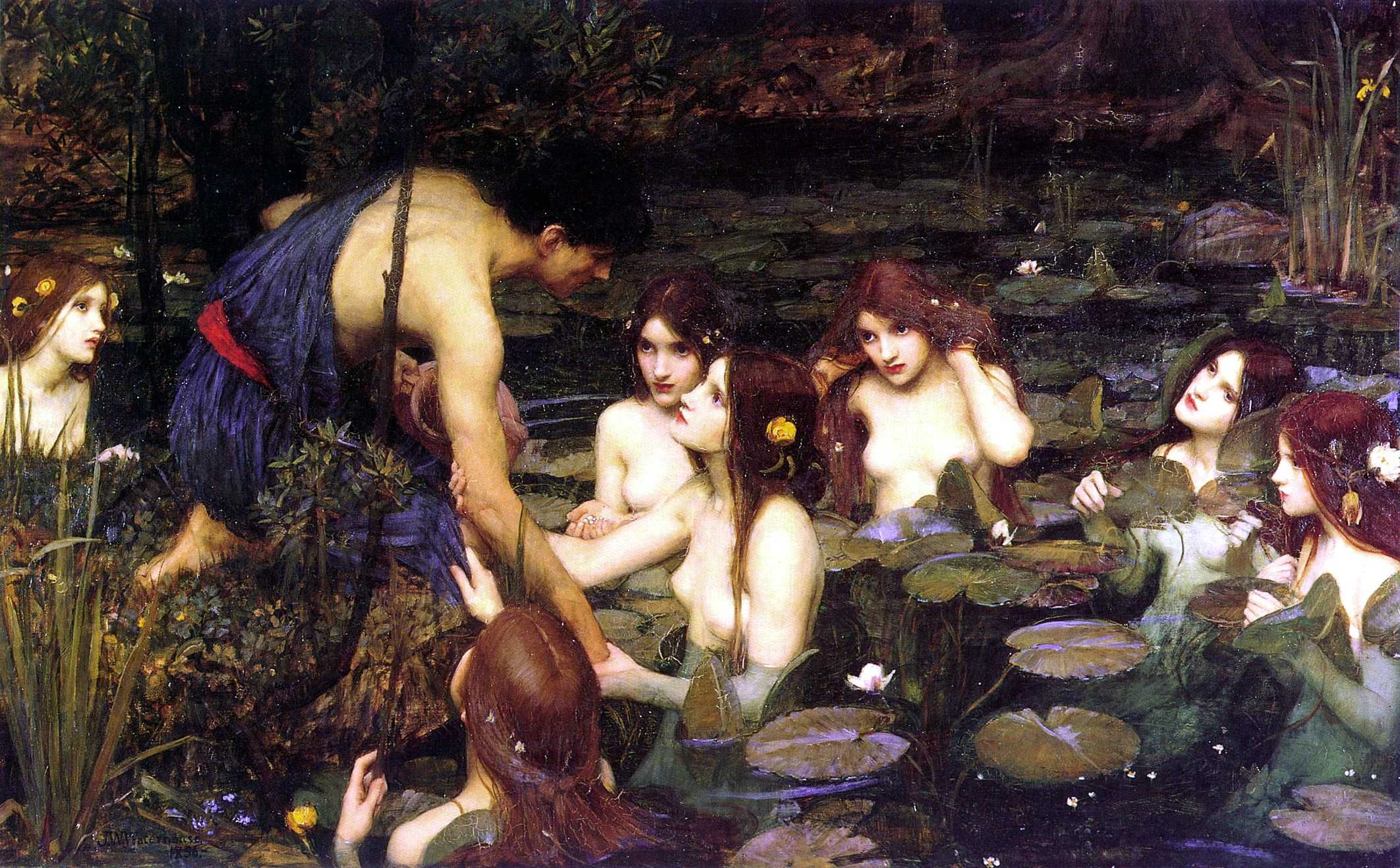Why Tottenham can’t be trusted
Someone needs to talk about Spurs. And by talking, I don’t mean chanting “we hate Tottenham, we hate Tottenham” over and over. Most people do that every day whilst they brush their teeth. What is needed is a decent discussion of the problems facing a team with so much promise and why it is so hard to trust them.
There are very few on the landscape of footballing commentary that can be arsed to talk about this team at the moment. Paul Merson certainly won’t do it. Harry Rednapp will occasionally step up if he can recharge his kneecaps for long enough and leave the local. So it falls to a frank fan like me to get something said on the matter.
The lack of enthusiasm to talk about Tottenham and their problems is indicative of their not-quite-the-same status. Years spent begging for a possible Champions League place and averaging just outside the bracket have given Spurs as much reputability as an Ironborn or a three times divorced dad. Now, after two great seasons and some teasing of trophy wins, it appears the mud-brawl of mediocrity is calling us back.
It’s been an interesting run of results. After scraping a point at Newport a few weekends ago, Spurs somehow belittled Man United in the same fashion that United have done to Spurs for decades. They then went to Anfield for a draw, which could prove valuable in the fight for fourth. And of course, beating Arsenal, who are now seven points slower than Spurs, is always nice.
But should a team that tops a Champions League group with Madrid and Dortmund be quite as uncertain of returning to the tournament next year? How do you manage to draw with West Ham and Newport when you’re defeating European chamions?
What has characterised the whole season is what one could call unprovoked bottling. And it is this bottling nature that worries me most about Spurs. The fact is that Tottenham lacks the legacy of teams like Arsenal, Liverpool and United. The histories of success that these teams bear put them under more pressure to perform than anyone else. If any of the traditional big four fail for long enough, they buy superlative players, bring in fresh managers and get distraught fans attempting to start hashtags, petitions and lynch mobs.
Not having this pressure has been to Tottenham’s advantage in recent years, having married a prodigious manager with a cheap yet talented squad, allowing them to play the way they like and to the frustration of their adversaries. Pochettino’s players have looked completely comfortable with the style they cultivated and the fans have never been so satisfied.
However, that lack of pressure — that added weight of history and legacy — felt by the other clubs, is contributing to their failure to convert anything into a trophy. They have not experienced winning a league or a cup in modern times, which stands them out from their rivals. That winning grit is not something they’ve inherited. And until they do so, their tendency to bottle might keep haunting them.
There is one thing about Tottenham that gets brought up in conversations everywhere all the time. You’re probably wondering why I’m only just mentioning him.
Kane might well be Tottenham’s very own Sword of Damocles. If Spurs were to sell Harry Kane, they would make a lot of money, but not enough to buy someone of equivalent quality. After the move of Gareth Bale to Real Madrid, Spurs decided to spaff their winnings on a bunch of players ranging from decent to disastrous. Meanwhile, Daniel Levy will not dig into his pocket as deeply as owners of City, United or Chelsea, simply because the pocket ain’t that big. The better Kane gets, the greater the interest in him and the harder it will be tether him without dramatic wage increases or silverware. Holding on to him is the best hope.
It is said that Kane’s not the sort of player to leave Tottenham, that he’s loyal. Sure, Kane seems a smiley chap in that white shirt, and his heroic, home-grown status within the club is great for his image. But as Wayne Rooney pointed out, he can’t keep scoring like he does and receive so many accolades without feeling like he should be playing with the absolute best. Alli and Erikson aren’t far behind him either. It’s hard to imagine the current line-up losing none of these individuals if they sustain their quality for the next few years.
Regardless of how well they’ve proved they can play, Tottenham still can’t convert it into substantial reward. The tectonic plates of Premier League power are shifting back to Manchester and it’s hard to see Spurs lifting the trophy any time soon. The thrill of the chase will be the greatest allure to staying at the club for some of these players, especially when the fat Spanish cats come calling.
As the status quo revives and the elite reclaim their thrones, the Premier League from 2014 — 2016 may in future be regarded as a continuity blip; a bizarre counter-moment, when Leicester City could win the title and Tottenham Hotspur finished in the top 3 twice in a row. What could have been the maturation moment for one of the most improved clubs of recent years could go down as another temporary spike in a largely disappointing history. If this season ends on another underwhelming note, Tottenham fans might have a lot more to worry about than higher parking fees at the redeveloped White Hart Lane.









